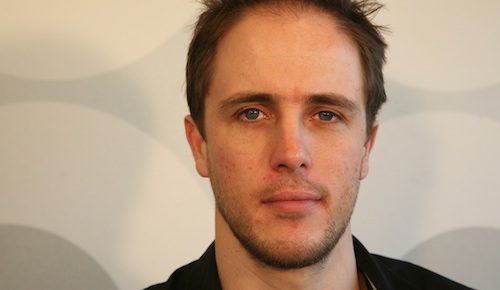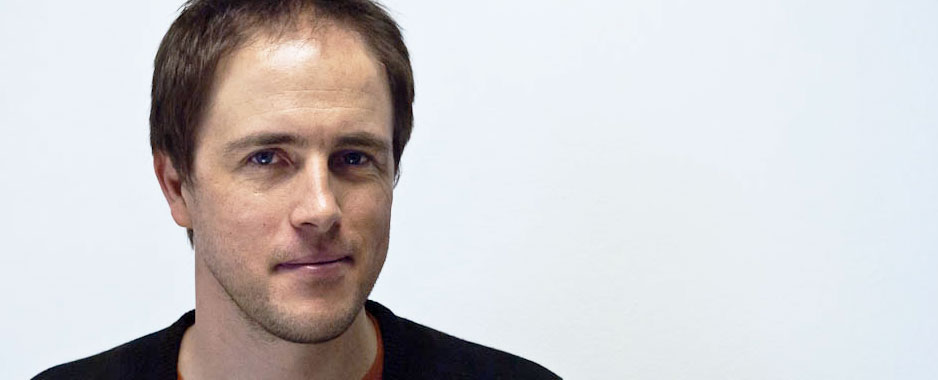
[By Alistair Fairweather]
What’s the new favourite sport of Silicon Valley billionaires? No, it’s not Segway polo (although that is still popular). Rather, it’s patent infringement lawsuits. Hardly a week goes by without a new one being announced.
At last count Nokia is suing (and being sued by) Apple, Apple has just unsuccessfully sued Kodak, Microsoft is suing Barnes & Noble (a book seller), Oracle is suing Google, Samsung is countersuing Apple, Motorola is suing Microsoft — the list goes on and on.
And that’s just the household names suing the other household names, and only a handful of the suits announced in the last 18 months. Dozens of other multimillion-dollar patent infringement suits are currently under way, often pitting tiny, unheard of companies against technology giants.
In some cases the small firms appear to have a valid case, such as chip maker Rambus’s suits against Broadcom and Nvidia. But the vast majority of the cases are brought by “patent trolls” — small, often defunct companies which hold overly broad patents on technologies similar to those used by larger companies.
The most heinous of the breed is Paul Allen, the once shy and retiring co-founder of Microsoft. With a good 25 years of billionaire-hood behind him, he is clearly bored. Why else would he be suing Google, Apple, Yahoo, Facebook, AOL and YouTube for patent infringements? He clearly doesn’t need the money, so he must want the aggravation.
But that’s not the really funny part. All the patents in the suit are held by Interval Licensing, an innovation lab into which Allen pumped $100m during the dot-com boom. Allen shut down the company over a decade ago. That’s right — he’s suing some of the world’s biggest technology firms over innovations that were never even launched.
His initial suit was actually thrown out of court last December, but Allen is nothing if not persistent. He refiled the case, and it is now in pre-trial hearings. The judge was already concerned about managing a case with 11 defendants and “cast of thousands” of witnesses. But her biggest worry was even understanding the suit.
She told lawyers: “What I know about computers is really minimal. If you want me to understand these patents then you’ve got to start educating me.” And who could blame her? Who, apart from a tiny core of elite technologists is qualified to decide if United States Patent No 6 788 314 — “Attention Manager for Occupying the Peripheral Attention of a Person in the Vicinity of a Display Device” — has really been infringed?
And that’s just one of the four patents listed in the suit. If the judge is struggling, what about the poor jury? Americans are entitled to a trial by a jury of their peers — but are ordinary citizens really peers when it comes to these kinds of specialised cases? Yes, juries have decided technology cases for hundreds of years, but technology has never been so abstract, or so complex.
To make matters worse the stakes are incredibly high in this game. Apple was recently forced to pay US$21,7m in licensing fees to OPTi, a patent troll. Google is so keen to avoid this kind of nuisance that it has bid $900m for patents held by Nortel. Analysts estimate that the licensing market is now worth $500bn. Those are all pretty powerful incentives to sue, and explain the explosion in such litigation.
Then there’s the time factor. An average patent suit will take two years to resolve (or three if there’s an appeal) but a few take over a decade. These are usually complex technical patents like the infamous 15-year battle between Kodak and Polaroid over “instant camera” technology. The suit was settled in 1991, around about the time digital cameras were making “instant cameras” into quaint relics of the 1980s.
Sure, Polaroid got nearly a billion dollars out of the lawsuit, but they probably paid a hefty chunk of that to their lawyers. And what, in the end, was the real point? Polaroid had to shut down its factory in 2008 because of lack of demand. So much for instant cameras.
And today’s rash of patent suits don’t have to take decades to become pointless. Apple launched the iPhone in 2007 and now, four years later, touch screen technology is everywhere. Apple’s newest devices (such as the iPad 2 and iPhone 4) have taken quantum leaps since the original.
Is there really any point in Apple suing Samsung, particularly if they have to show Samsung’s lawyers their iPad 3 and iPhone 5 as part of the proceedings? The suit is almost guaranteed to take more than three years, by which time the new wave of technology will already have hit. Perhaps it’s about the principle of the thing, or perhaps all these tech titans just like to make their lawyers rich.
Despite all the abuse, patents remain an important component of innovation. There’s no incentive to spend millions of dollars and years inventing something awesome if your competitors can just reverse engineer it in a matter of weeks. A healthy patent system can help keep innovation humming. The question is, with lawsuits spreading like a cancer, is the patent system really working anymore?
- Alistair Fairweather is digital platforms manager at the Mail & Guardian
- Visit the Mail & Guardian Online, the smart news source
- Subscribe to our free daily newsletter
- Follow us on Twitter or on Facebook




